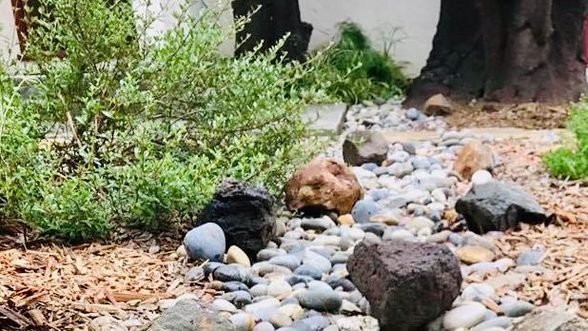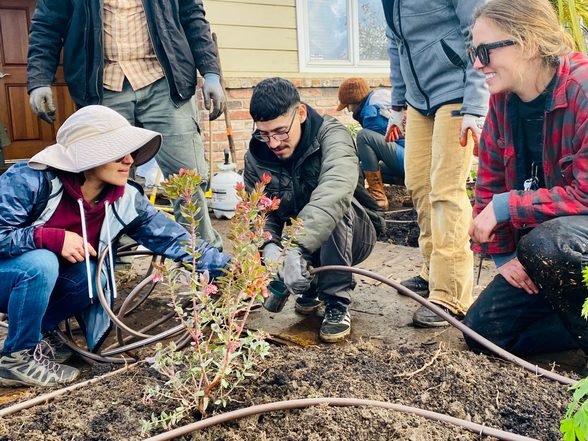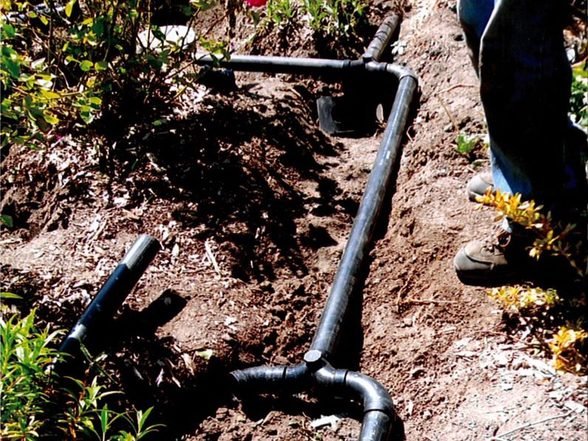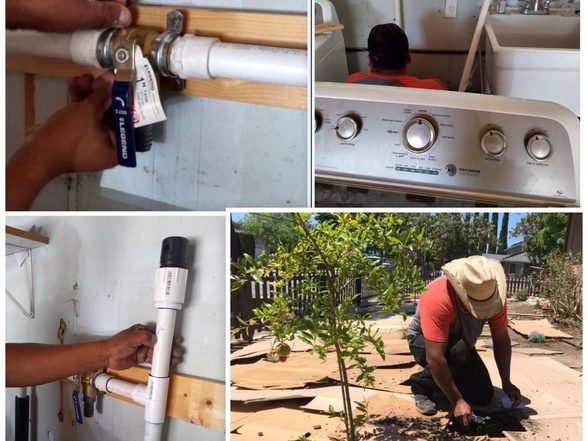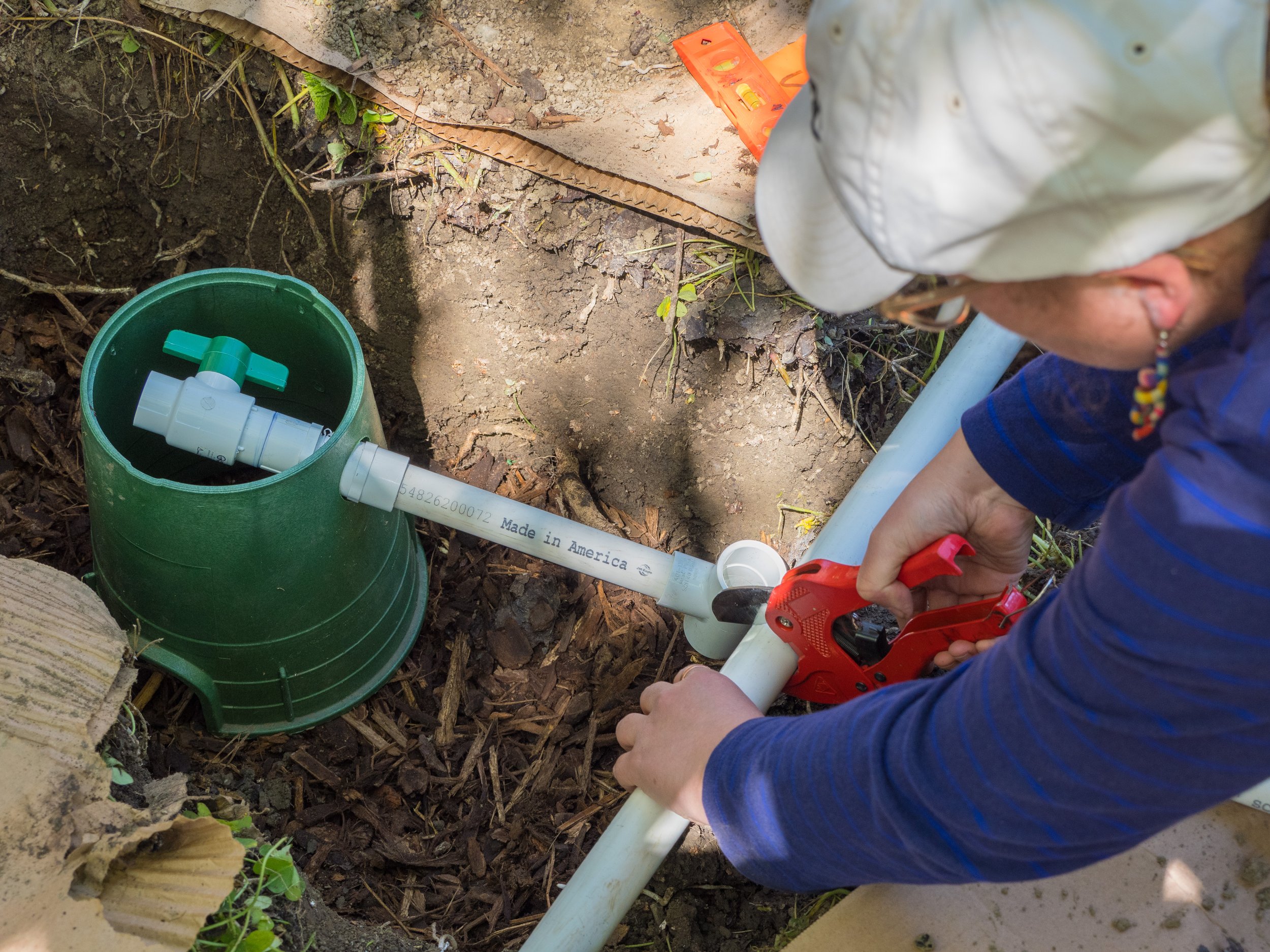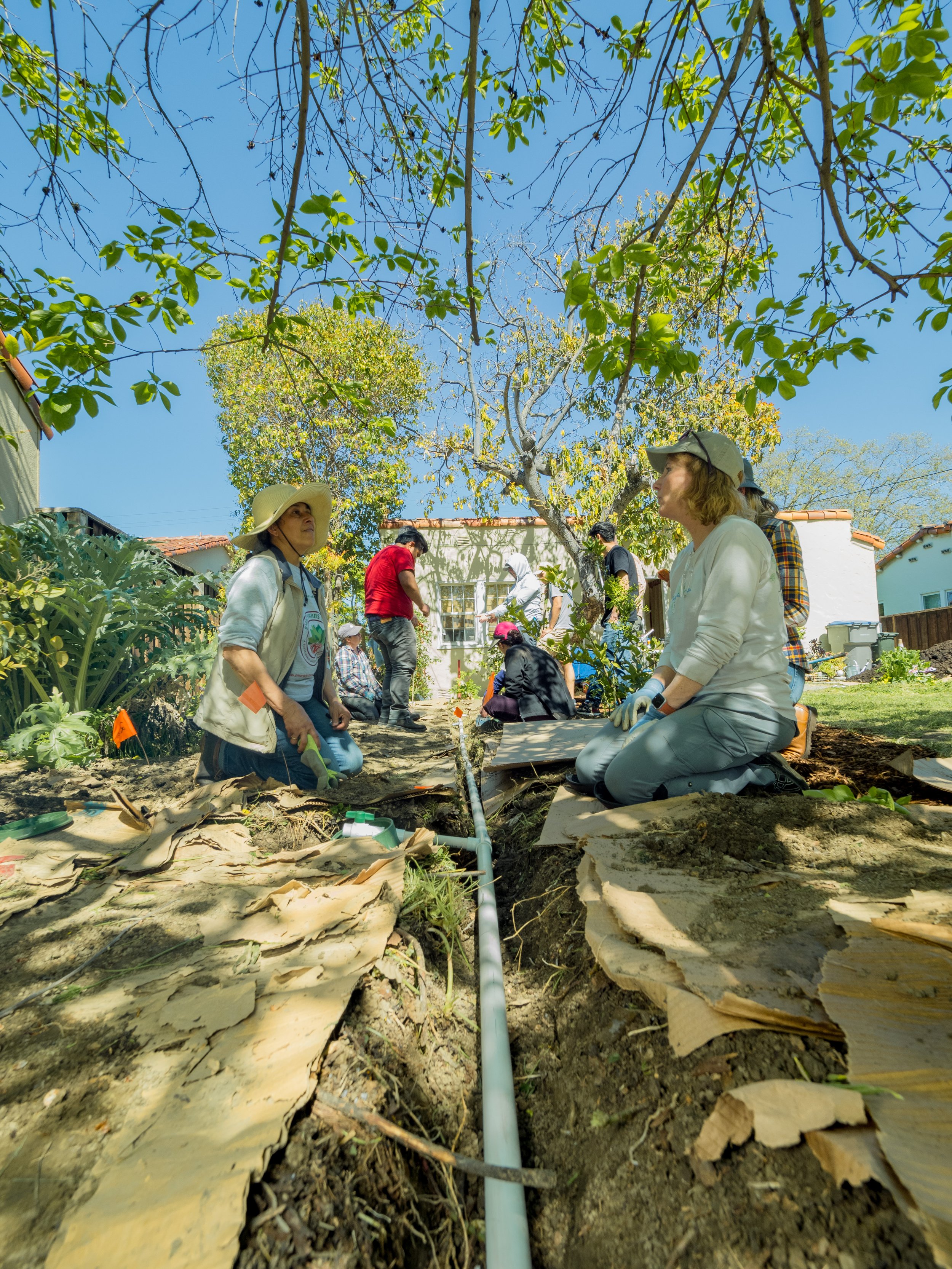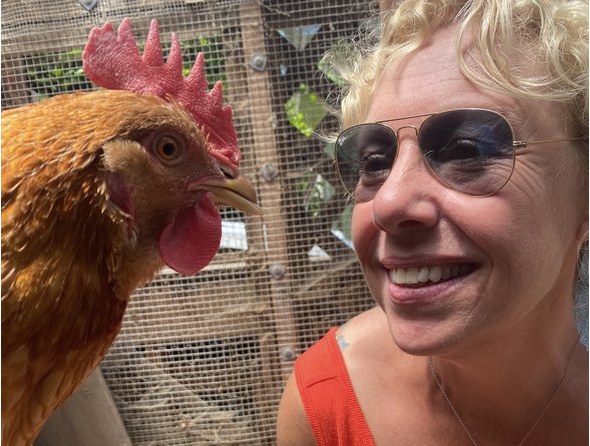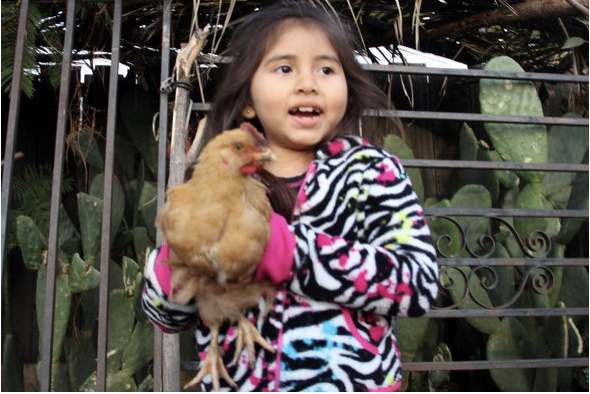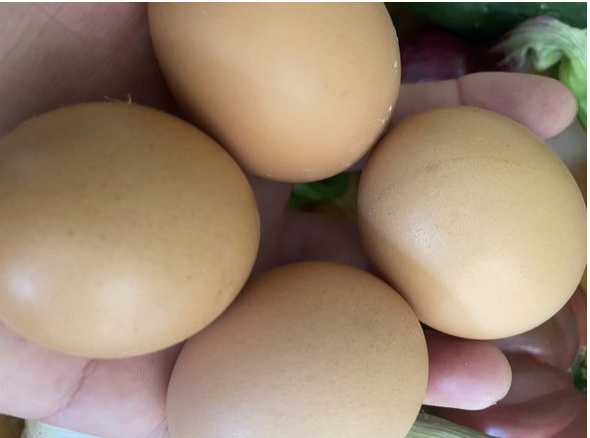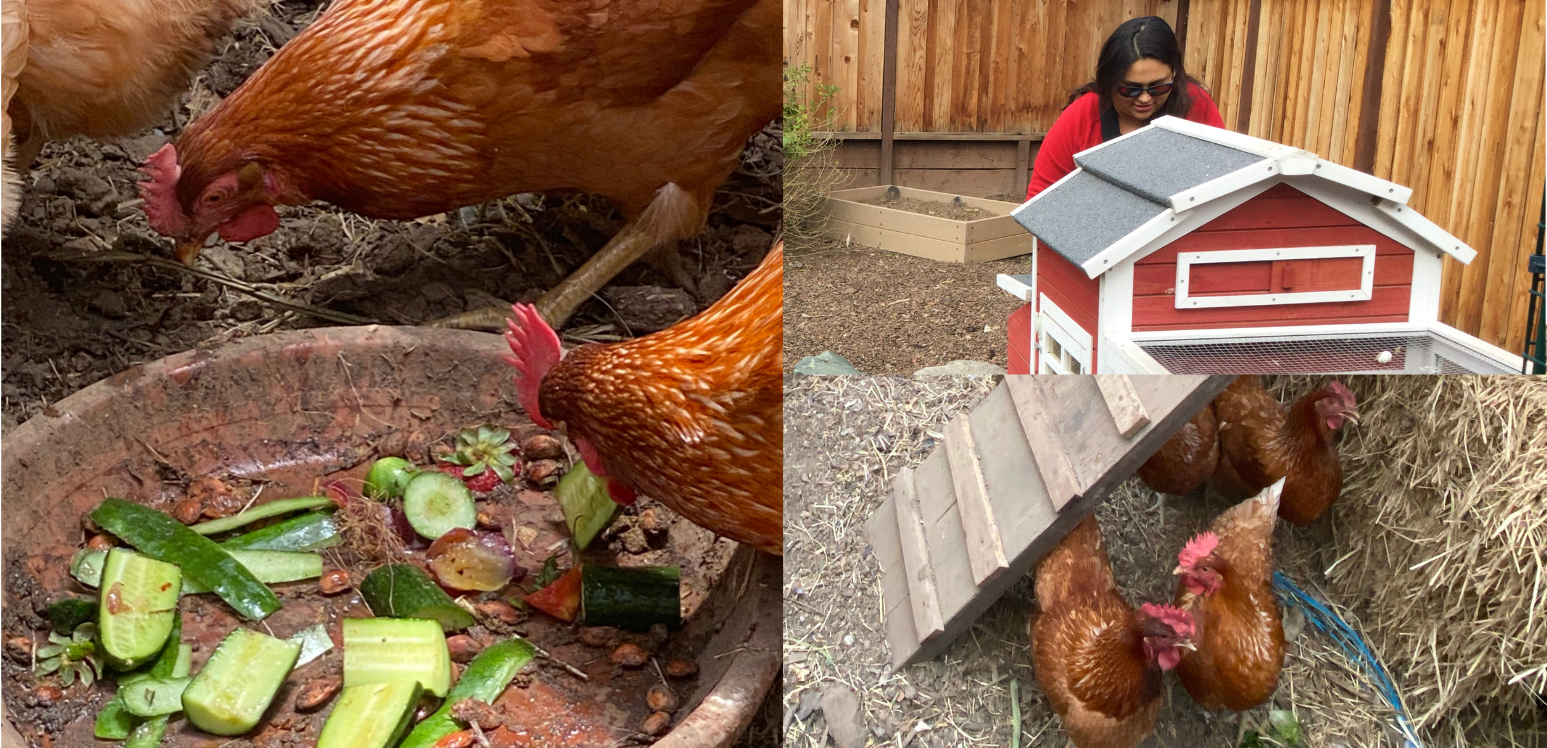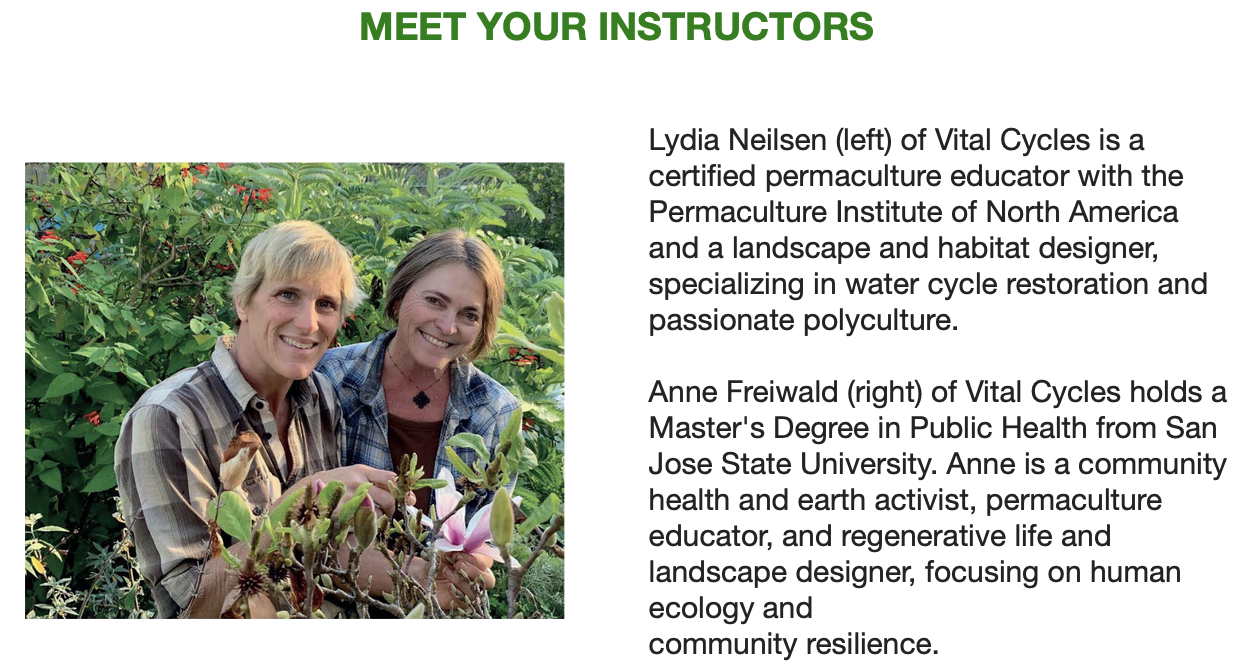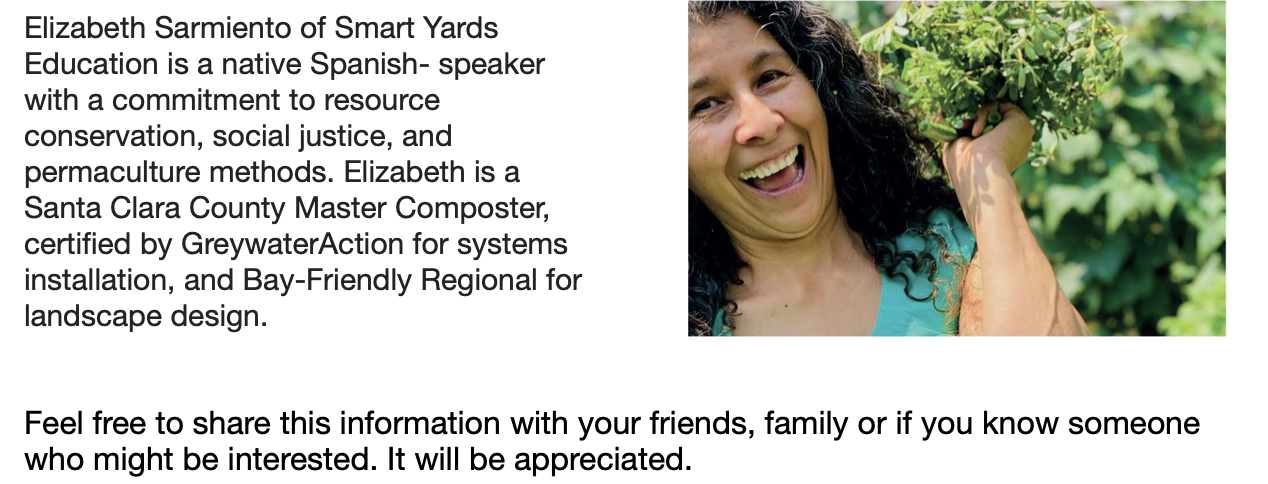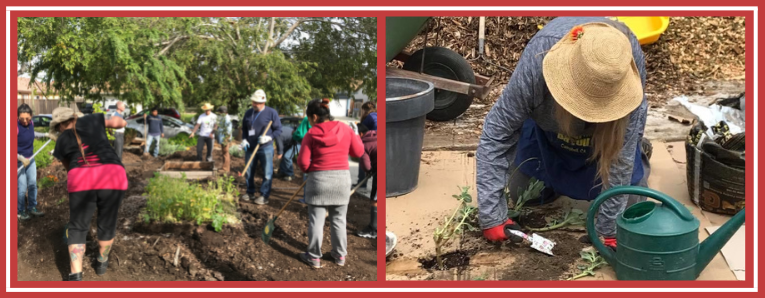
Smart Ideas
World Water Day 2023
Greetings from the Smart Yards Coop team! It is with immense gratitude we share this newsletter with you as we have just reached yet another spring solstice. In this article, we would like to pay homage to Water World Day, which is celebrated annually on March 22nd. This international holiday was proposed to the U.N. in 1992 and the first official day of observation began in 1993. It is intended to draw awareness to several issues locally and globally, in which the water cycle, environment, and earthly inhabitants are continually impacted.
How to Grow Water
Working with Nature, Not Against It
At Smart Yards Co-op, we utilize horticulture & permaculture design and installation methods. One of the key permaculture principles is: Slow it, Spread it, Sink it. We do this with our passive and active storm rain management techniques, all with the goal of optimizing water use and to prevent run off pollution. We convert lawns into water-wise, habitat and pollinator gardens by: designing them in co-creation with their location, supporting them with a passive rainwater harvesting setup, and replacing sprinkler systems with drip irrigation lines. We plant California native landscapes, incorporating drought-tolerant plants and ground covers suited for the location.
Valley Water Landscape Rebate Program & Grey Water
There is plenty to go around
The Valley Water Landscape Rebate Program is available to residents and businesses as an option to transform their yards. Folks interested must be approved by the program first in order to make a shift from high-water usage to low-water. Typically, lawns and pools drink a considerably high amount of water per year. Smart Yards Co-op collaborates with Santa Clara Valley Water and residents, assisting with choosing materials and plants that meet the program criteria. Residents are reimbursed $2 per square foot in the lawn conversion and may be approved for up to $3000 by this program.
Additionally, Smart Yards Co-op takes it further and offers grey-water designs which redistribute runoff from laundry, showers, baths, tubs, sinks, and more into appropriate mulch basins located throughout your yard.
Grey-water is the end-product from our showers, sinks, washing machines, or other kitchen appliances. It is clean enough to be used in the garden for trees, shrubs, and most vegetable plants. A grey-water system expand beyond our city’s main water system and saves water (along with money) in the long term. Of course, folks who have this type of system have to be mindful of what products are used when washing their hands or laundry to make sure it is garden and eco-friendly.
What kind of relationship do you have with water? What role do we play in the life of water? We may ponder on this question deeply and recognize that it reveals there is a relationship taking place every time a shower is needed, laundry is to be washed, or when food and gardens are to be grown. Water is an essential ingredient for life to thrive and makes up most of the Earth’s surface, with just a small amount that is considered drinkable.
It is important for us to acknowledge that in less industrialized regions around the world, accessing drinkable and clean water is not as simple as turning on the faucet. The well beings of people from these regions are often impoverished and they suffer from polluted water sources due to human activities and drought as a result of climate change. Women in these locations are unable to attend school, work, nor be present with their families, as it is their sole responsibility to find water. Much of their time is spent searching for water so that it may be used for daily functions: drinking, cooking, sanitation and hygiene.
Indian women from the aboriginal 'Kol' community collect drinking water at a well in Nawargawa village, in Madhya Pradesh state. UMA SHANKAR MISHRA/AFP via Getty Images. Image from Journalism CSIS
Over the last couple centuries, the Water Cycle has experienced disruptions increasingly since human activities became geared towards the development infrastructures in order to power industrialized societies around the world. Present examples would include: hydroelectric dams, large-scale farming irrigation, deforestation, and the burning of fossil-fuels. The consequences are a chain of events and affect all ecosystems on Earth. For reference and more information on this topic, you can click HERE.
Image from Wikipedia
What is within our power?
There are choices in each moment, every drop counts.
We can start by assessing our everyday habits with water and tap into local/global causes surrounding the protecting water as a human right and holding governments (local/global) accountable. But before we delve into government responsibilities, here are some simple areas that we have immediate control over:
There is no need to use sprinklers during precipitation
Reduce the length of shower time
Reduce the amount of water used for a bath or sink tub
Shut off the water in between brushing your teeth and washing your hands
Wait until your laundry and dishes can be washed in a FULL load
Fix leaks
Improve your irrigation in the garden
Keep in mind: it all adds up!
Taking responsibility is not limited to individual consumers in the water crisis. Our local, state, & national leaders play a key role in the root of the issue: commodification and privatization of water, which has been trending and expanding globally. Commodification can be defined as a type of process that puts a price on a resource or material, whereas privatization is the process of transferring public use + access to private ownership + control. Currently, corporations are not regulated from buying and operating public water sources, such as in the many cases of Nestle. This is not old news nor is it surprising, as colonialism and imperialism have evolved over the centuries.
“Someone needs to explain to me why wanting clean drinking water makes you an activist, but proposing to destroy water with chemical warfare doesn’t make a corporation a terrorist.”
Backyard Chickens
Chickens are one of the most common and widespread domestic birds and are believed to have descended directly from the wild Indian and south-east Asian Red Jungle fowl. Did you know that there are more chickens in the world than any other kind of bird, with a total population of more than 24 billion? That’s right.
The Smart Yards Co-op team enjoys building chicken coops, and composting systems right next to them. Providing our clients and members of our community with the option of having chickens for the many benefits is key for us:
Home grown eggs that come from happy and healthy hens
Saves $
Provide natural fertilizer
Help with garden pests and insect control
Turn food scraps into eggs
There are many other benefits not of common knowledge that most of us are not aware of and these are:
Chicken owners have better physical health: Free range eggs contain less cholesterol and saturated fats, plus have more vitamins A and E, thus chicken owners who eat their home-grown eggs have a much better nutrition.
Chicken owners have better mental health: Chickens are sweet pets, and pets improve self-esteem, improve responsibility of care for others, fulfill social needs, build resilience in the face of social rejection and decrease negative responses to stress and stressful life events.
They strengthen social relationships: Throughout the exchange of gifts and assistance in the form of eggs and sharing of advice
While having chickens provides a whole range of benefits that we are only just beginning to recognize, we’d like to advise of the great and long term commitments they come with:
Most chickens only lay eggs for three to four years, and they live as long as 15 years, so they are a long-term commitment.
They should be fed with fresh food and water daily, they can eat from scratch but it’s important that they also eat vegetables, small amounts of fruits and grains in addition insects.
They should be examined by a veterinarian at least once a year to help keep them healthy and to make sure their eggs are safe to eat.
Chickens must be provided with mental stimulation and environmental enrichment like areas to exercise, compost piles to dig in, hanging vegetables that they can peck and sand to bathe.
Chickens also have very particular housing needs, constructing a comfortable chicken coop that meets their needs is a must before having chickens. This is a service Smart Yards Co-op provides, we build strong coops to keep predators such as snakes, rats, raccoons, hawks, owls and cats away from the chickens. We also make sure to seal any cracks, holes on the ground or crevices to protect them. Coops, have to be heated when outside in cold climates, to avoid them being frostbitten and ensure you have well rested and healthy chickens. After constructing and having the chickens, you must have the coop well clean, it should be cleaned up weekly and fully swept out weekly to prevent the chickens from ingesting parasite eggs and having infections. Providing safer living spaces will provide healthier chickens and more egg production to enjoy.
Thinking of having chickens?
“A chicken is only an egg’s way of making another egg”
World Wetland Day
On February 2nd we celebrate World Wetlands Day! This year’s World Wetlands Day Theme is “It’s Time for Wetlands Restoration”. It highlights the urgent need to prioritize wetland restoration, and calls on an entire generation to take steps to revive and restore degraded wetlands. Wetlands are areas that are flooded with water for the majority of the year, where life has evolved to exist in these flooded, oxygen-less conditions.
Wetlands are disappearing three times faster than forests. 35% of the world’s wetlands have disappeared in the last 50 years. That’s why it is urgent that we raise national and global awareness about wetlands in order to reverse their rapid loss and encourage actions to conserve and restore them. If you are interested in learning more about this click HERE.
The Smart Yards Co-Op Team invites you to participate in this year’s wetland celebration World Wetlands Day and join this year's hashtags, sharing this information with an inspirational note about your love or knowledge of the importance of wetlands with #GenerationRestoration and #ForWetlands.
For the Smart Yards Co-op team, and the community, we're so grateful to work with observing how world wetlands perform a number of vital functions for the land and we honor their myriad of benefits such as:
They are the main source of groundwater refills
Purify water (Freshwater availability)
They have a lot of biodiversity, large numbers of animals, plants and birds
Prevent soil erosion
Offer protection against flooding
Contribute with climate mitigation and adaptation
Contribute with world economies and much more
We can just dream of having a wetland in our own backyards. And there are ways in which we can help our ecosystem while conserving wetlands. When we, Smart Yards Co-op team design and install greywater systems like the photos above of a Laundry To Landscape system we reuse, reduce and recharge the groundwater basin, just like the wetlands. We also do the same when we design rain garden, get that water from our roofs to the ground to create rich and lush gardens and at the same time build a more resilient urban community. Also we’re being part of creating a more beautiful California one yard at a time with native plant garden that invites and embraces life, native fauna: birds, small mammals, insects, and butterflies, supports ecosystems and enriches our native soil.
Let's take a step forward to helping our nature, and we can all dream of a better and greener planet for our future generations.
“We must look to the rising generation for the restoration of the planet”
Happy World Environmental Education Day
Today, January 26th, World Environmental Education Day’s is to raise awareness about climate change and sustainability. We, the Smart Yards Co-op team work on curbing climate and outdoor sustainability everyday. When designing, installing and nurturing our gardens with Permaculture methods, we conserve water, energy, build soil, and habitat under and above ground. We also are committee to sharing our knowledge, experience, and building community with Smart Yards Education, our sister organization, year round.
Through our hands-on educational workshops, one community member and one garden at a time, we celebrate, honor, and celebrate our connection with nature. A day to develop a world population that is aware of the need for engagement and participation in environmental issues. Is the way in order to conserve and protect life. We need people who have the knowledge, skills, attitudes, motivations and commitment to work individually and collectively towards solutions of current environmental challenges.
In hopes of improving the relationship between humans and nature itself, through environmental education we want people to realize that sustainable development is the way to meet our current needs without compromising future generations. Environmental education teaches us to understand what renewable energies are, the importance of optimizing the use of water as a natural, limited— essential resource to life on Earth. We at Smart Yards Co-op work hard every day to demonstrate that every drop counts and still we can have rich and beautiful outdoor living spaces.
This education gives us the opportunity to promote knowledge about some of the most serious environmental problems facing our planet and allows individuals to:
In the spirit of World Environmental Educating Day we are launching our Spring into Action with Smart Yards Education, our sister organization. This hands-on with Song and HUM Along, and Connection, will empower participants with the practice in Cultivating A Regenerative Livelihoods. Funded by Santa Clara Valley Water District and sponsor by our friends: Assemblymember Ash Kalra, Human Agenda, A Slice Of New York, Capitol Wholesale Nursery, Vital Cycles, La Mesa Verde of Sacred Heart Community Service and Smart Yards Co-op.
During these 4 weekends, 4 months, 4 workshops, 4 our Earth, we will dive into the exciting permaculture ethics and regenerative livelihood. Students will learn rainstorm management, greywater installation, lawn conversion, effective irrigation systems installation, sheet mulching for soil health, conservation, compost systems and more.
If this is something you are interested in, you can register HERE. For more information about this workshops or future workshops visit us at www.smartyardseducation.org or contact us via email: info@smartyardseducation.org
“In the end we will conserve only what we love; we will love only what we understand and we will understand only what we are taught” -Babe Dioum
Happy Holidays
As we look toward lengthening daylight and a new year, the Smart Yards CoopTeam will like to thank you for being part of our community during the past year. It's been a great year filled with wonderful people, stunning places, interesting experiences and rewarding work.
We hope the holidays bring you and your loved ones peace, restfulness and recreation. We look forward to our continued work, relationship and making a difference together in the new year.
The Holiday season feels like the right time to share an exciting project as we start the new year. This will be the first-of-its-kind Hands-on Permaculture Skills Training, brought to you by our sister organization Smart Yards Education in collaboration with Santa Clara Valley Water District (Valley Water) and Vital Cycles. This workshop is open to all: from landscaping experts to community members, students, property owners, any resident of Santa Clara County who wants to learn practical skills for tending outdoor living spaces. It includes:
Introduction to the Permaculture Ethics of Earth Care, People Care, and Fair Share
Installation of water optimization systems for reduced irrigation needs, including a greywater, Laundry to Landscape, system
Landscaping and gardening for California climate appropriate
Diversification and ecological functions of urban California native habitat and regeneration
This is a great opportunity if you are interested in learning more about our permaculture practices or sponsoring this important education. There are many ways in which you can be part of these 4 weekends workshops. If you want to be a trainee you can fill out this FORM.
Or you can sponsor a student. If so, your name and/or your organization’s name and logo will be displayed on our promotional flyers and workshop signage, announced each weekend of instruction, and recognized in all social media communications. If you want to be a sponsor or want any information about the program visit us at: smartyardseducation.org/events or contact us at info@smartyardseducation.org we will happily assist you.
Let 2023 be full of outdoor regeneration, habitat restoration, resource conservation, healthy community, vibrant ecosystem and knowledge sharing. Feel free to share this with your network of friends and make a donation to reach our goal of engaging 25 in 4 weekend, 4 workshops, 4 our earth. Remember that as every drop saved counts, every penny donated count. For donations please click HERE or the button below this email.
In Gratitude wishing you Happy Holidays and may the New Year be filled with Joy, Health and Peace!
The Smart Yards Coop Team
World Soil Day
The Smart Yards Co-op team, wish you a Happy World Soil Day. Observed annually, on December 5th, World Soil Day aims to raise awareness about its importance for life sustaining in our planet. We want to share some facts about soil, challenges, opportunities and how together we're making a difference to build and conserve our precious soil.
Soil provides the essential nutrients for plant growth, animal life and millions of microorganisms. However, if soil becomes unhealthy, unstable or polluted, the life cycle stops. Our work of converting lawns for the conservation of water goes hand to hand with the conservation of our precious soil. We keep soils healthy through a combination of practices and techniques to ensure that soil is fertile, productive, is protected from erosion and deterioration. All resulting in water retention, healthy and productive plants and rich ecosystem beaming with life.
Soil plays a crucial role in storing carbon, curbing climate change and it is a vital contributor to human health. A recent research shows that a thin layer of compost applied to grasslands could help fight climate change by capturing carbon from the atmosphere and storing it in the soil. Soil's wealth of biodiversity also plays a key role in regulating, storing and filtering water. At Smart Yards Co-op we start our work from the ground up, ensuring soil conservation, and building healthy soil in every project through our methods of sheet mulching, organic compost application, composting system installations, building hugelkultur systems, as well as working with CA native grasses that prevent erosion and other techniques.
Soil Conservation Practices
Feed the soil with compost to encourage microbial activity and plant growth. Compost also improves the water-holding capacity of soil, making it more resilient to drought and flooding.
Maximize continuous living roots by establishing woody perennial plants. If you grow annual vegetables, plant cover crops after you harvest and alongside the crops. Plant roots exude carbohydrates that feed soil microbes.
Keep unplanted areas covered with a thick layer of mulch such as wood chips, straw, tree leaves or compost. Mulch helps soil retain moisture, encourages microbial activity and prevents erosion. Ground cover plants and low cover crops also act as "living mulches" and are an excellent mulching solution.
Minimize disturbance; erosion, compaction and rototilling can harm soil microbes and release carbon to the atmosphere. Instead of tilling, try sheet mulching when preparing your garden beds.
Avoid synthetic fertilizers, pesticides and herbicides which harm the microorganisms that play an important part in storing carbon in the soil. Also, applications of synthetic nitrogen fertilizer can cause nitrous oxide emissions, a greenhouse gas that traps 300 times more heat than carbon dioxide.
Maximize biodiversity; the more diverse the above ground plant community is the more diverse the below ground soil food web will be. A thriving soil food web is excellent habitat for beneficial microbes and also helps prevent pests and pathogens from harming your plants.
Feel free to share this information with your family and friends, and feel free to contact us; step forward, make the decision to help our planet, nourish its soil by converting your lawn into an ecological, drought tolerant garden that brings habitat to your home. We have the team, the means and the passion that is needed to make a difference.
Land is not merely soil, it is a fountain of energy flowing through a circuit of soils, plants and animals. ~Aldo Leopold



